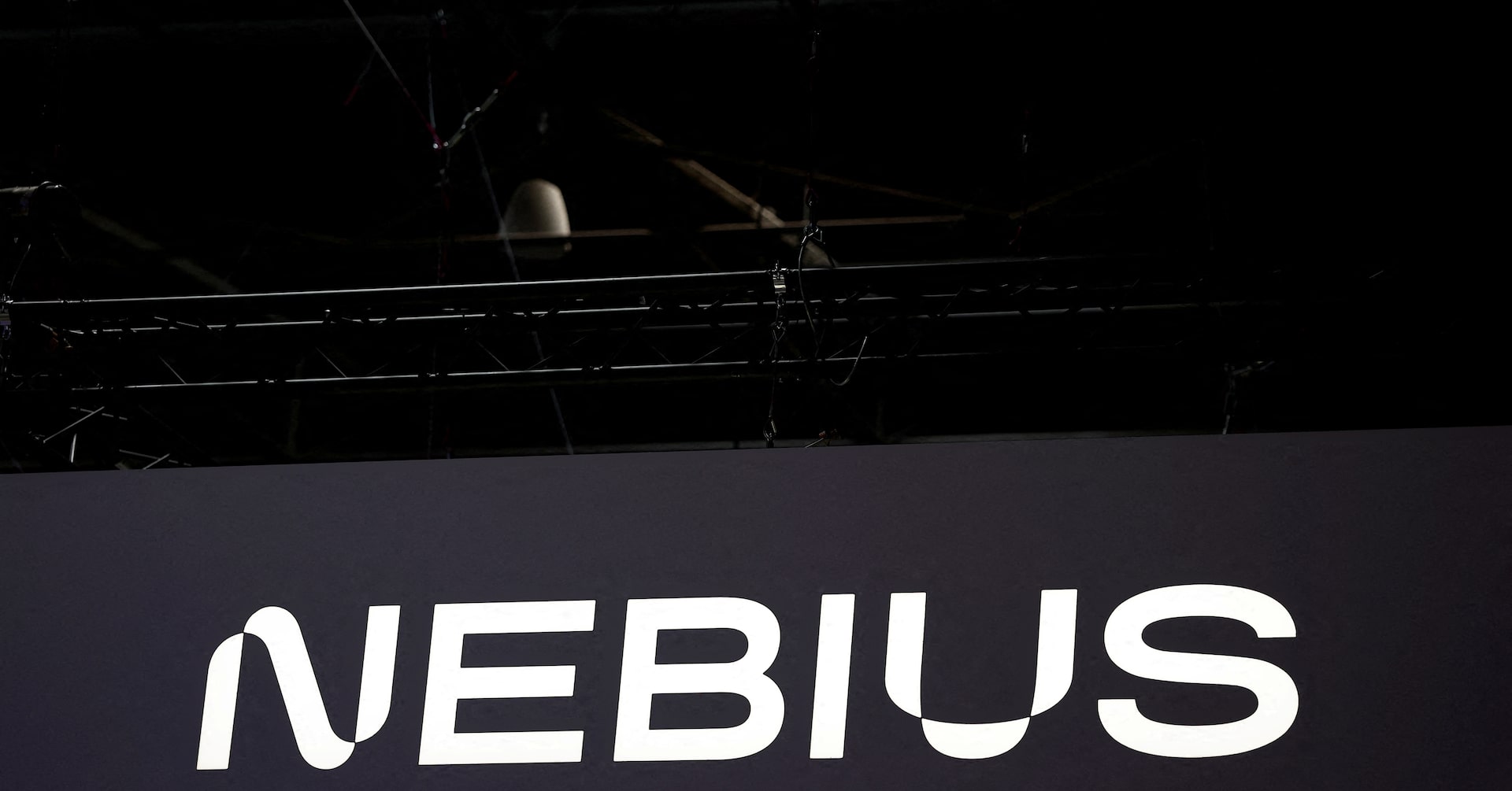Nebius agreed to supply AI computing infrastructure to Microsoft for five years in a $17.4 billion deal, sending shares up about 55%. The agreement strengthens Nebius as an AI infrastructure platform, accelerates cloud capacity for enterprise generative AI, and could reshape cloud competition and pricing.

Introduction
Nebius Group's shares climbed roughly 55 percent to $99.2 after the company announced a $17.4 billion, five year agreement to supply AI computing infrastructure to Microsoft. Beyond the immediate market reaction, the contract highlights how critical scalable machine learning infrastructure and GPU accelerated cloud capacity have become for enterprise generative AI and LLM solutions.
The generative AI boom has created intense demand for purpose built AI infrastructure platforms. Organizations need cloud native architecture tuned for AI workloads, high density GPU farms, and orchestration layers that support model finetuning and real time inference. Even major cloud providers are turning to third party providers to bridge gaps while they expand internal capacity.
This contract reinforces a growing trend: large technology companies are securing third party infrastructure to accelerate rollout of AI features. The move may accelerate the expansion of global AI data center capacity and influence cloud economics. Possible consequences include changes in cloud pricing and a faster pace for bringing advanced AI features into consumer and enterprise products.
For enterprises and smaller providers, the deal underlines how important multi cloud management and cloud security best practices will be as AI workloads shift across providers. It also highlights the value of first party data optimization and privacy first content strategies when deploying AI at scale.
What does this mean for Microsoft? Immediate access to large scale, GPU accelerated cloud capacity so Microsoft can deploy more generative AI features without waiting for new data centers.
What does this mean for Nebius? Long term revenue visibility, validation as an AI infrastructure platform, and a stronger position to accelerate build out of scalable machine learning infrastructure.
Relying on third party infrastructure introduces dependency risks and potential supply chain complexity. Large scale deals can also shift competitive dynamics, influencing how cloud providers price services and how quickly LLM solutions reach customers. Maintaining E E A T and transparent governance around AI models will be key to sustaining trust.
The Nebius Microsoft agreement is a landmark in the evolution of AI infrastructure. At $17.4 billion across five years, it elevates the role of specialized providers in meeting enterprise generative AI demands and may become a model for future partnerships that blend cloud native architecture, multi cloud management, and scalable AI compute.
For businesses tracking digital transformation, the message is clear: securing reliable AI infrastructure is now central to competing in the AI era. Expect more announcements as companies race to lock in capacity and accelerate deployment of LLM solutions and AI powered services.



